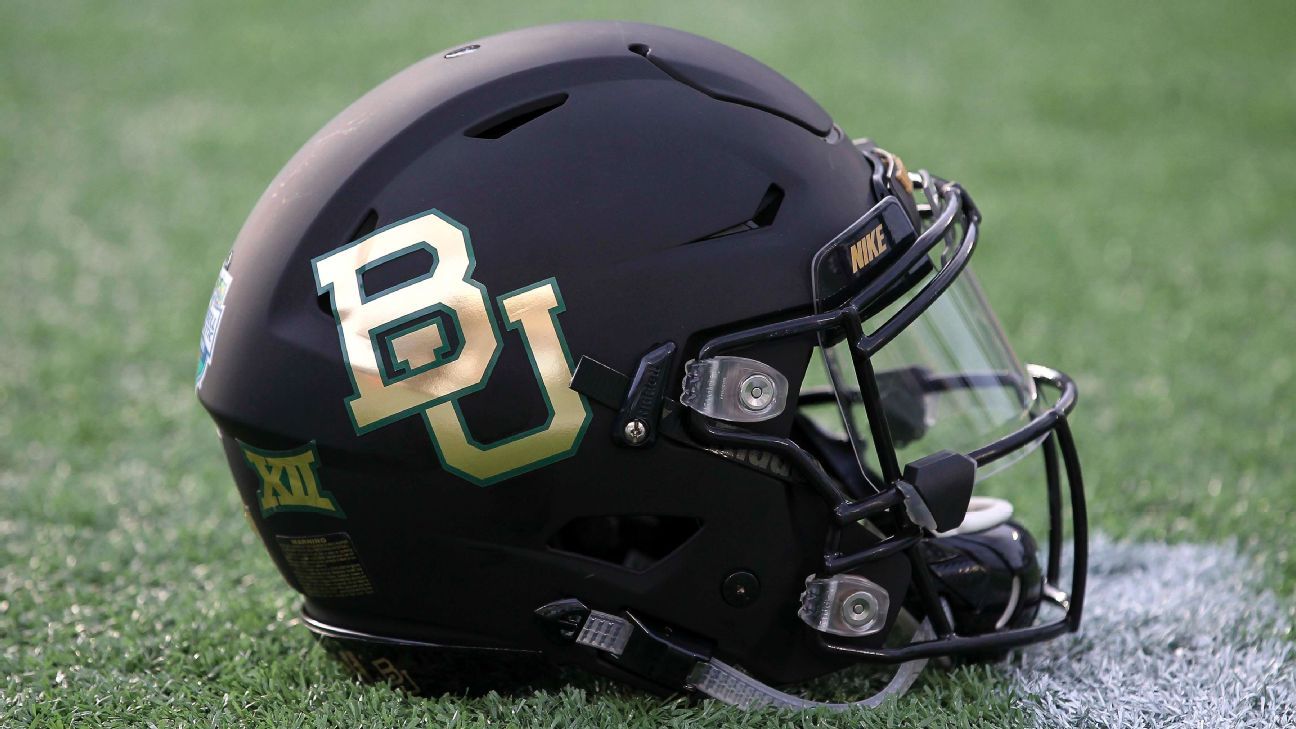DALLAS — A federal judge in Texas ruled Thursday that a law firm must turn over thousands of records that lawyers believe will give a fuller accounting of how Baylor University responded to sexual assault allegations made by students.
Judge Robert Pitman said in his order that Philadelphia-based Pepper Hamilton must produce all materials related to its internal review that resulted in a 2016 summary report finding an “institutional failure at every level.”
The firm “must produce all materials” in its control that Baylor either has not produced or doesn’t possess, Pitman determined. He swept aside several objections that Pepper Hamilton had lodged, including that the federal court in Waco, home to the university, did not have jurisdiction in the matter. He ordered that the materials be provided by April 11.
Jim Dunnam, an attorney for plaintiffs who have filed federal claims against the nation’s largest Baptist university, said the records will include interviews with witnesses, emails between school administrators, information obtained from Waco police and other material. The records will include any references to findings such as sex discrimination, sexual harassment or domestic violence, according to a court filing.
Dunnam said the order is a “monster step forward in revealing the truth of what happened.”
“This is the stuff that’s been hidden for three years that substantiates and gives the details behind the failures that were acknowledged by the (university) regents,” Dunnam said.
A representative of Pepper Hamilton didn’t immediately return a message seeking comment Thursday.
Officials at Baylor declined to comment.
The firm’s 2016 report found the school did little to respond to sexual assault accusations involving members of its vaunted football program. The document also suggested that some staff interfered with investigations and witnesses.
Baylor officials subsequently said the internal investigation found that 17 women had reported incidents of sexual and domestic violence involving 19 Baylor football players since 2011, including several cases that involved gang rapes.
The scandal led to the firing of football coach Art Briles, the resignation of the athletic director and the firing of Baylor President Ken Starr. Texas lawmakers, meanwhile, began pushing for tougher sexual assault reporting requirements on college campuses, and the NCAA launched its own investigation into the school. Several lawsuits have been filed by women who studied at Baylor and claimed attacks on them were mishandled or ignored. The university has settled a number of them.
Prosecutors, alumni and others have more broadly criticized the school for its response to assault allegations involving those outside the football program.
